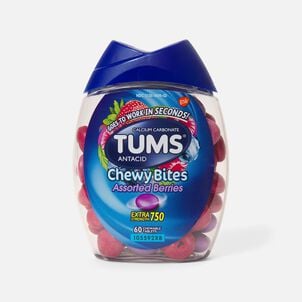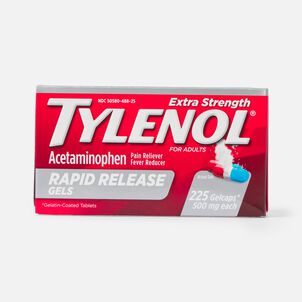What happens to unused FSA funds?
If you're among the nearly 37 million Americans with a Flexible Spending Account, then you're not only saving on taxes and increasing your spendable income, but also saving on health care costs throughout the year.
Each year before you sign up for an FSA during your company's open enrollment period, you must estimate how much you will spend towards the plan. For plan years starting in 2024, contributions to an FSA are limited to $3,200 per person.
Flexible Spending Accounts are "use it or lose it," so you must spend whatever amount you put into it before your plan year expires. You should check important deadlines with the plan administrator to ensure you don't lose your tax-free money. Some employers offer an additional grace period of up to two and a half months after the end of the plan year to spend your funds, but that depends on the plan provided by your company. Your employer may offer a carryover in which you can carry over a certain amount of funds into the following plan year (this limit is set each year by the IRS- for plan years starting in 2024, the maximum amount that can be carried over into the following plan year is $640.) Employers cannot offer a grace period and carryover at the same time and are not required to offer either.
What happens if you have leftover FSA funds, or did not spend your money by deadlines?
Say it's January 1, and you realized that you had money leftover in your account.
Is it too late to spend it? It depends. Check with your plan administrator to see if your plan has a grace period or carryover. If so, you can still incur new expenses in the new plan year and be reimbursed with the old leftover funds. If not, then it is too late as funds don't roll over.
Your employer also has the option of offering a runout period. This gives you 90 days to submit claims for expenses you incurred in the plan year that just ended. However, you wouldn’t be able to use that money to pay for any newly incurred expenses.
Where does the unused money go? Unused FSA money returns to your employer. The funds can be used towards offsetting administrative costs incurred during the plan year, employers can also reduce salary reductions in the next FSA year, or funds must be equally distributed to employees who enroll in an FSA for the next year.
FSA Tips
FSA funds are available to you on day 1 of your plan year. FSA money is taken out of your paycheck each month, and sometimes employers also contribute to the FSA.
- Keep in mind that certain health issues can pop up unexpectedly, so it's important to be cautious when calculating FSA contributions. Try FSAstore.com's FSA calculator to estimate yearly expenses.
- If you regularly visit a specialist or have certain medications on refill, think about these as you estimate costs.
- Budget contributions throughout the year as best as possible.
FSAstore.com offers FSA-eligible products exclusively so there is no confusion about which products qualify for your FSA. Browse thousands of high-quality products on our site and avoid losing your tax-free dollars when important deadlines hit.
 |
| 















